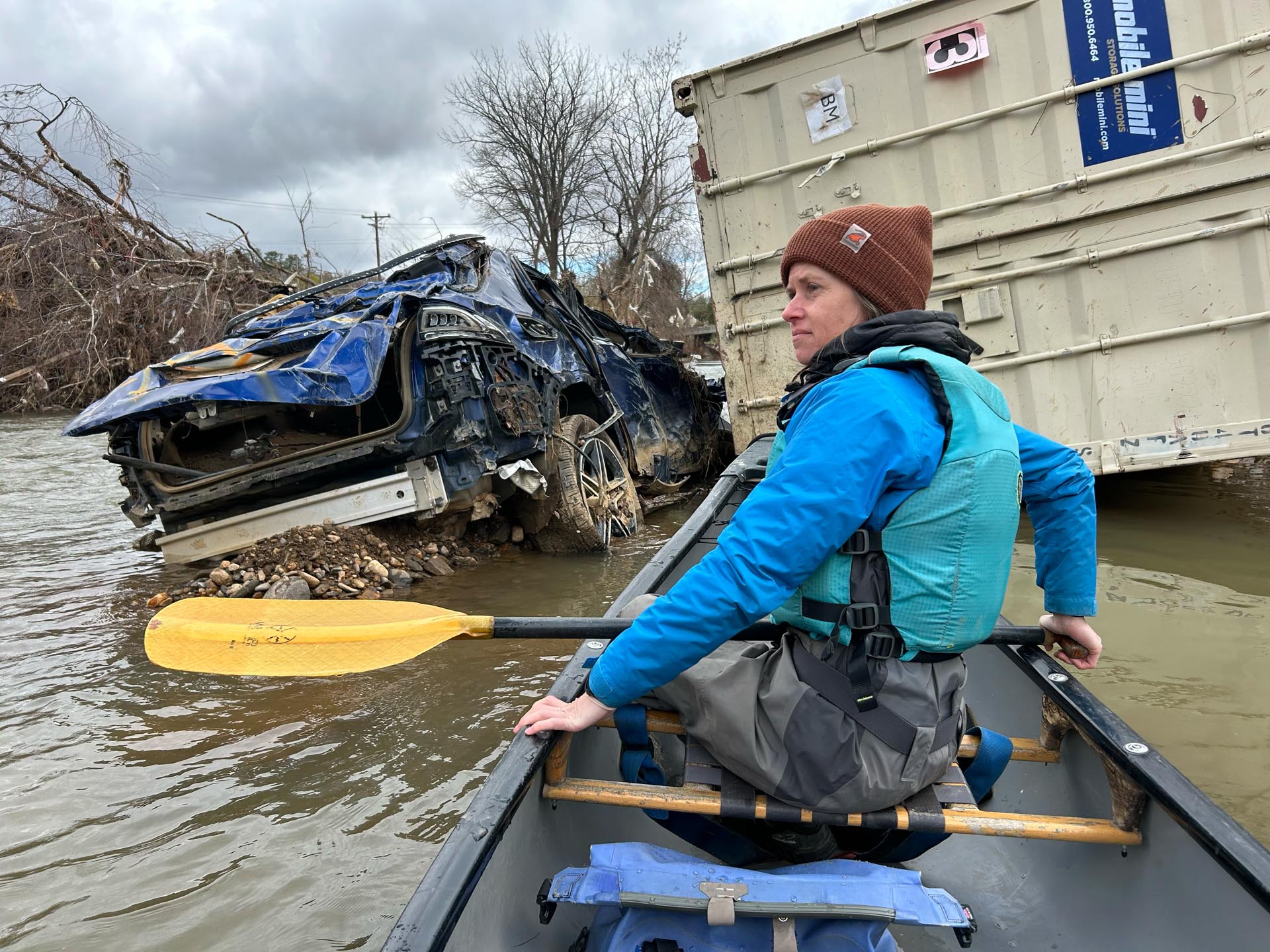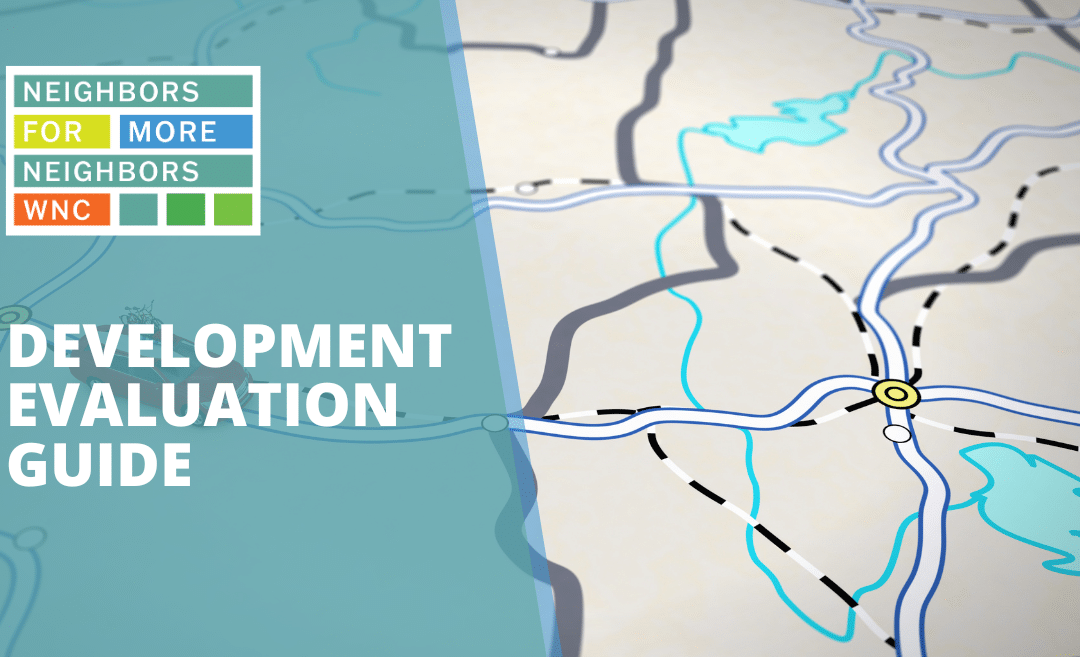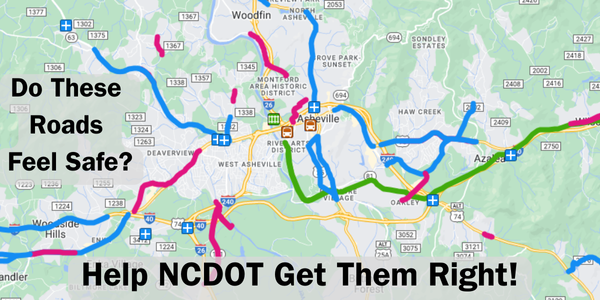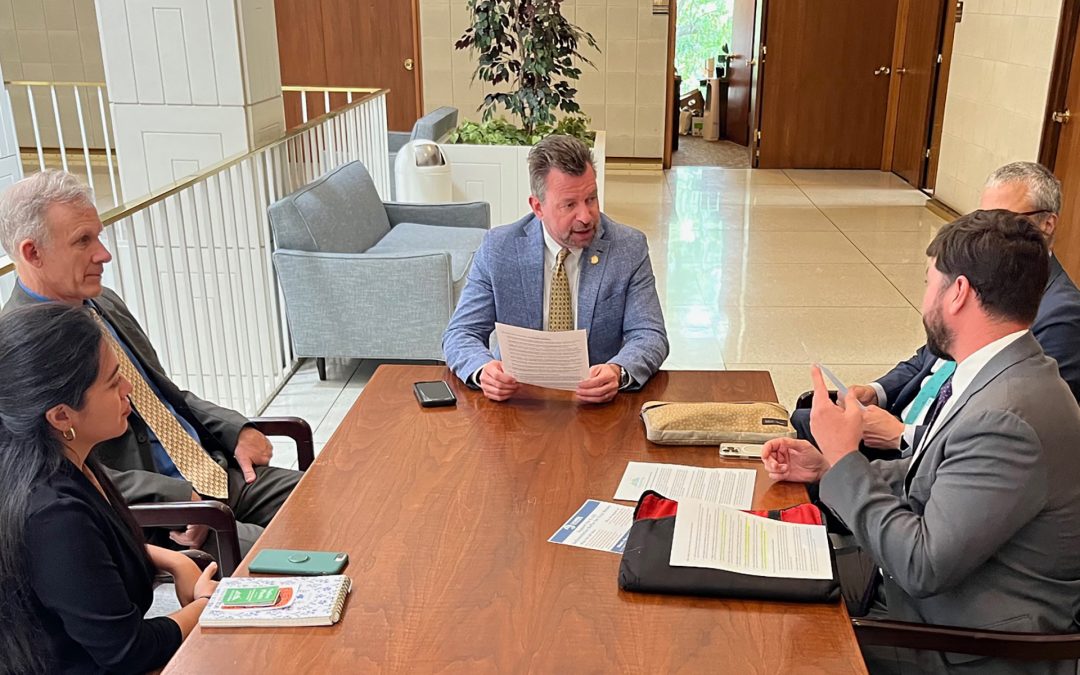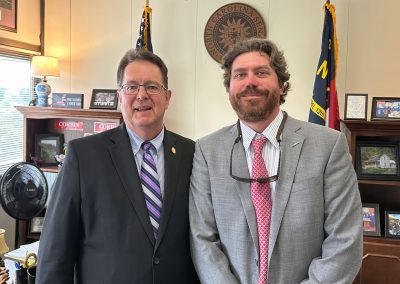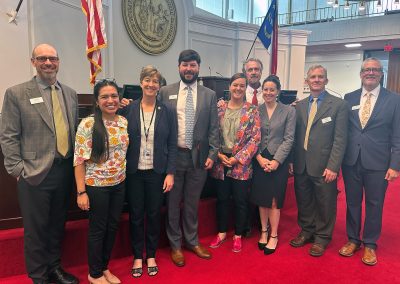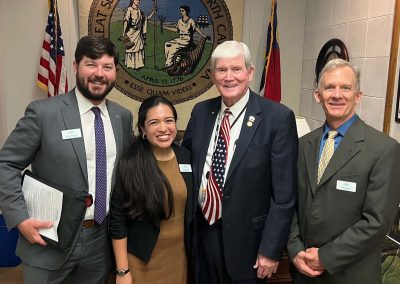
Asheville Design Center Project Manager
Position Summary
MountainTrue seeks a skilled designer to serve as Project Manager for the Appalachian Design Center (ADC)—a new, community-driven initiative responding to the devastation caused by Hurricane Helene in Western North Carolina. This program mobilizes volunteer architects, engineers, landscape architects, and planners to support recovery and climate-resilient development in affected communities.
This is a part-time contractual position. The Project Manager will oversee volunteer design teams working in up to four communities across Buncombe, Madison, and Henderson counties. They will lead community engagement efforts, manage the design process, and ensure that each project results in a comprehensive community report outlining design recommendations, historical context, and an implementation strategy.
This role is central to fostering inclusive, place-based recovery efforts. ADC teams conduct in-depth assessments, collaborate with residents to align designs with local needs, and create solutions that enhance safety, accessibility, and economic resilience—all while preserving regional character. Additionally, the Project Manager will help position communities to secure funding from FEMA, state agencies, regional grants, and private sources.
This is a unique opportunity to lead a transformative design initiative that strengthens communities and advances sustainable development in Western North Carolina.
We are looking for candidates who:
- Are a strong fit with our collaborative, multi-disciplinary team.
- Have a willingness to grow and learn in a rapidly evolving, post-disaster environment.
- Show enthusiasm and a strong desire to contribute to our contextually appropriate ecological restoration and climate-resilient projects.
Key Responsibilities
- Project Management: Lead and manage community-driven design projects from initiation to closeout, including project planning, conceptual design process, scheduling, resource allocation, and risk management.
- Team Collaboration: Collaborate with architects, engineers, landscape architects, planners, graphic designers, and other stakeholders to ensure interdisciplinary coordination, resolve design conflicts, and achieve project goals.
- Client Communication: Serve as the primary point of contact for community leaders and government representatives, understanding their needs, and communicating project progress, milestones, and deliverables effectively.
- Design Coordination: Coordinate with internal design teams, consultants, and contractors to integrate design concepts seamlessly into community Recovery & Resilience Plans, ensuring design intent and quality are maintained.
- Workshop Facilitation: Guide a community-led process to inform an implementation matrix to be included in the community plan.
- Community Plan Production: Oversee the assemblage of the community plan, incorporating images, text, and drawings into a final report.
- Documentation and Reporting: Prepare and maintain project documentation, reports, and presentations, including project status updates, financial reports, and presentations.
- Implementation Assistance: Assist in the implementation of conceptual designs by generating RFPs and managing the interview and hiring of design professionals.
- Quality Assurance: Review project deliverables for accuracy, completeness, and compliance with regulatory requirements, industry standards, and client expectations.
Qualifications
Desired Qualifications
- Excellent writing, communication, and presentation skills.
- Bachelor’s or Master’s degree in design or planning discipline.
- Proficiency in AutoCAD and Adobe Suite software; SketchUp, BIM (Revit, ArchiCAD) a plus.
- Creative, versatile, and dependable.
- Goal-oriented with strong critical thinking and observation abilities.
- Ability to adapt to a dynamic, collaborative studio environment.
- Attention to detail, strong work ethic, cognitive agility, and time management skills.
- Knowledge of sustainable design principles, green infrastructure strategies, and construction techniques.
Location & Travel
This position is based in Western North Carolina, with a preference for Asheville, North Carolina. This position utilizes frequent Zoom meetings and phone calls. Travel costs are covered by the organization.
Compensation
- Salary: $40/h – up to 20h/wk
- Expenses: Travel and materials expenses will be reimbursed.
How to apply
Please submit a cover letter, resume, and relevant portfolio to Healthy Communities Director Chris Joyell at chris@mountaintrue.org.
Application Deadline: ASAP, rolling application review until position filled.


